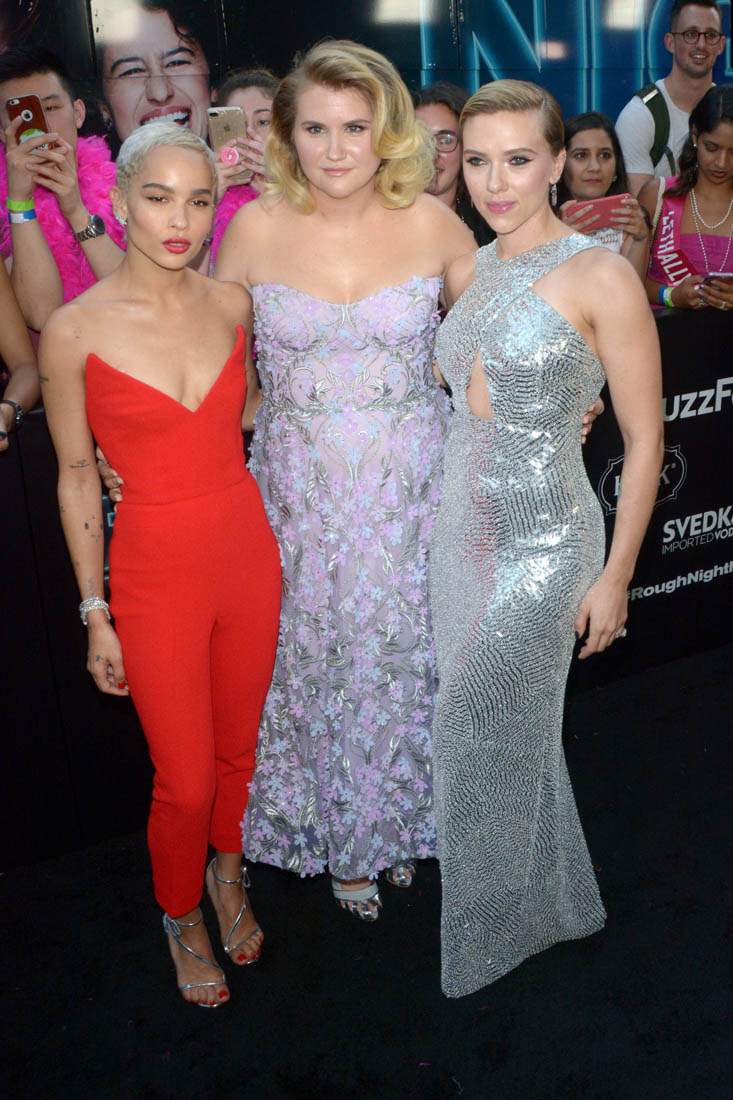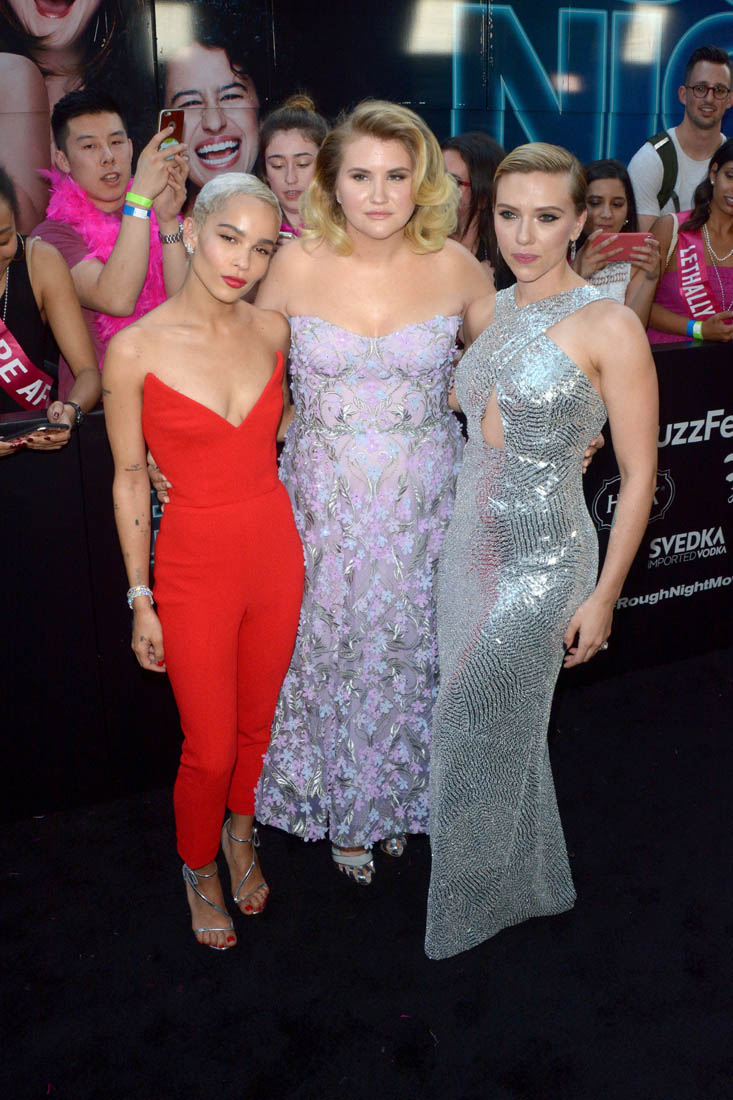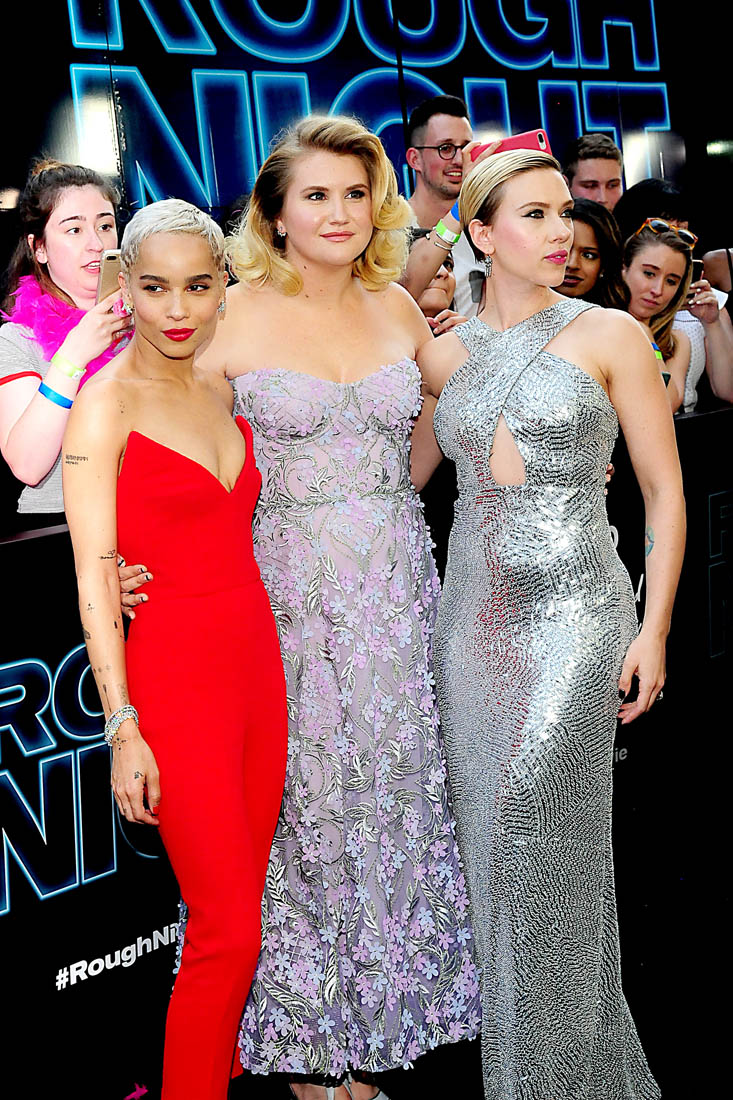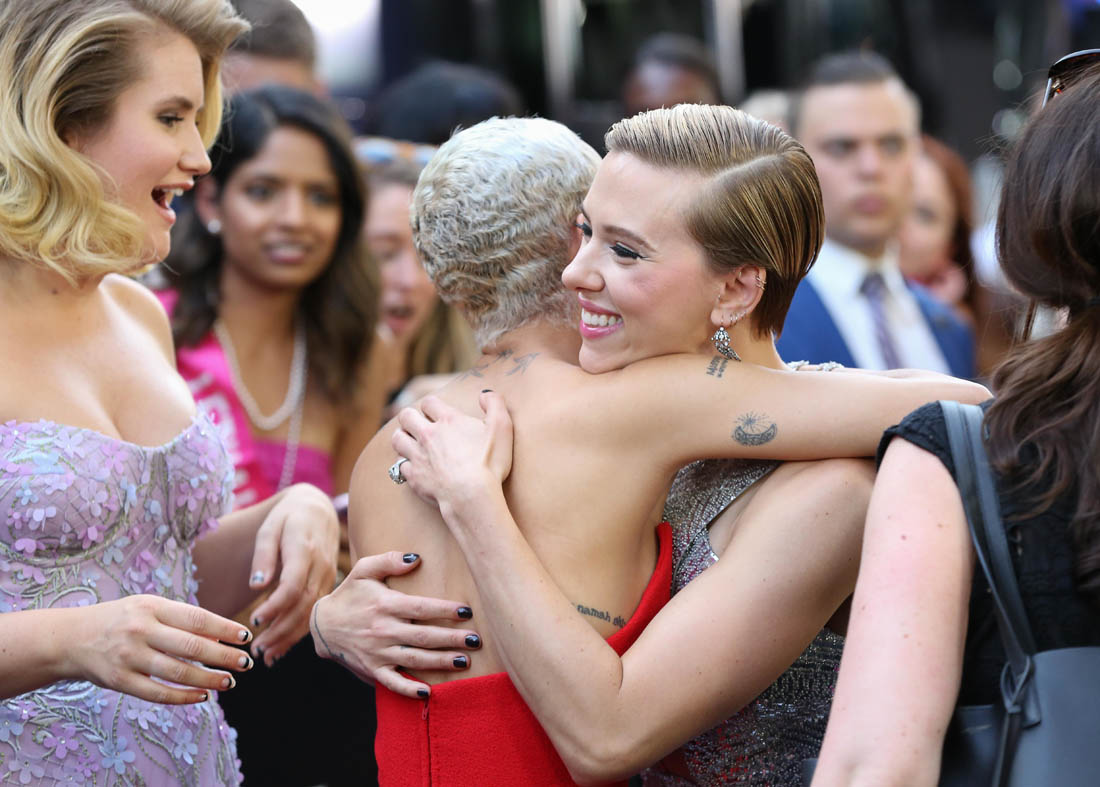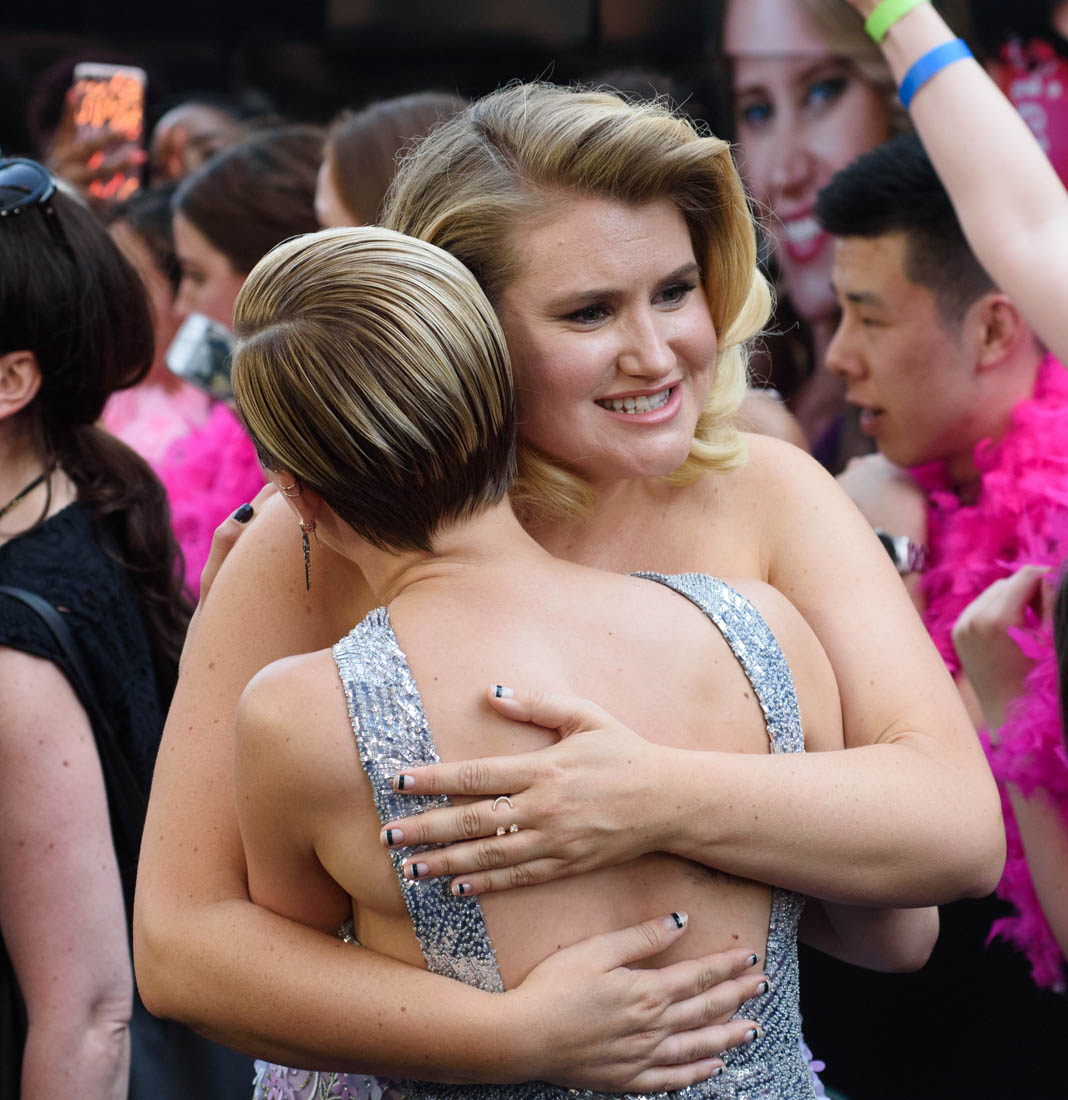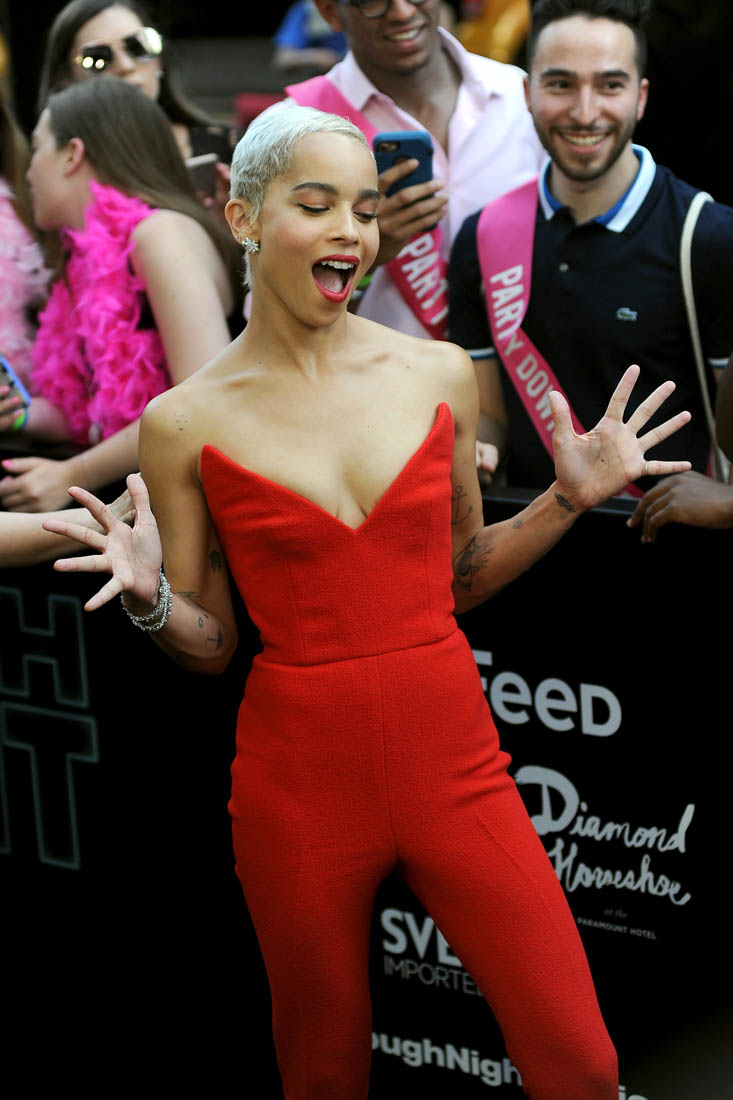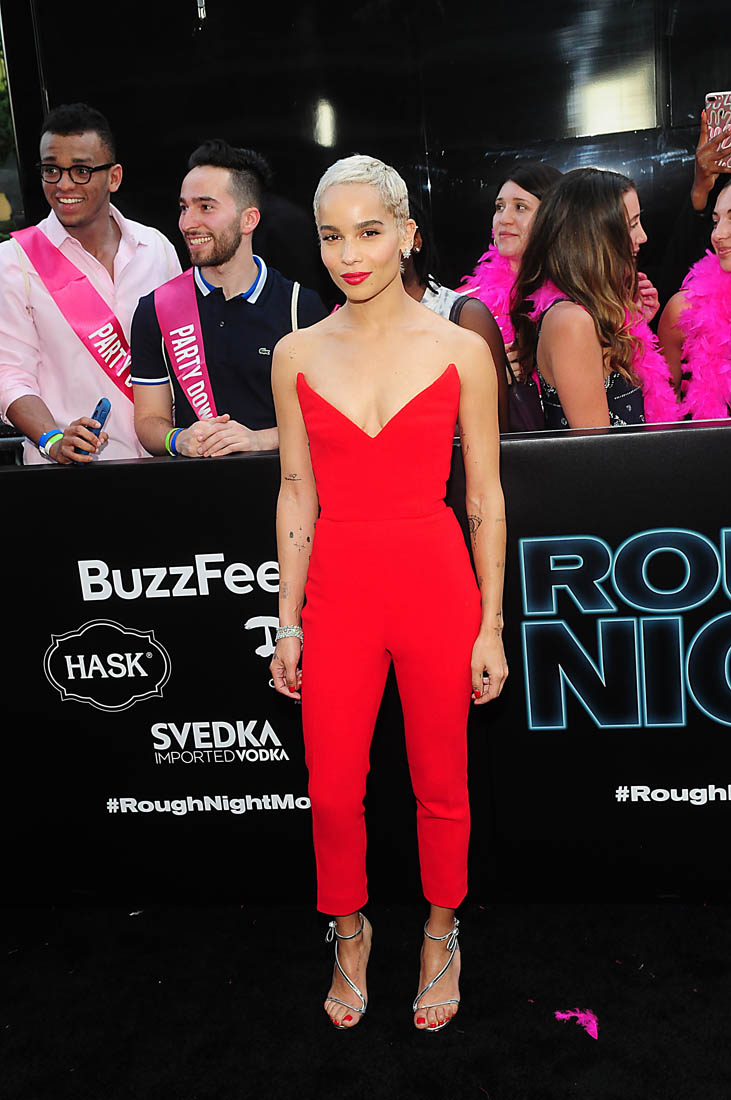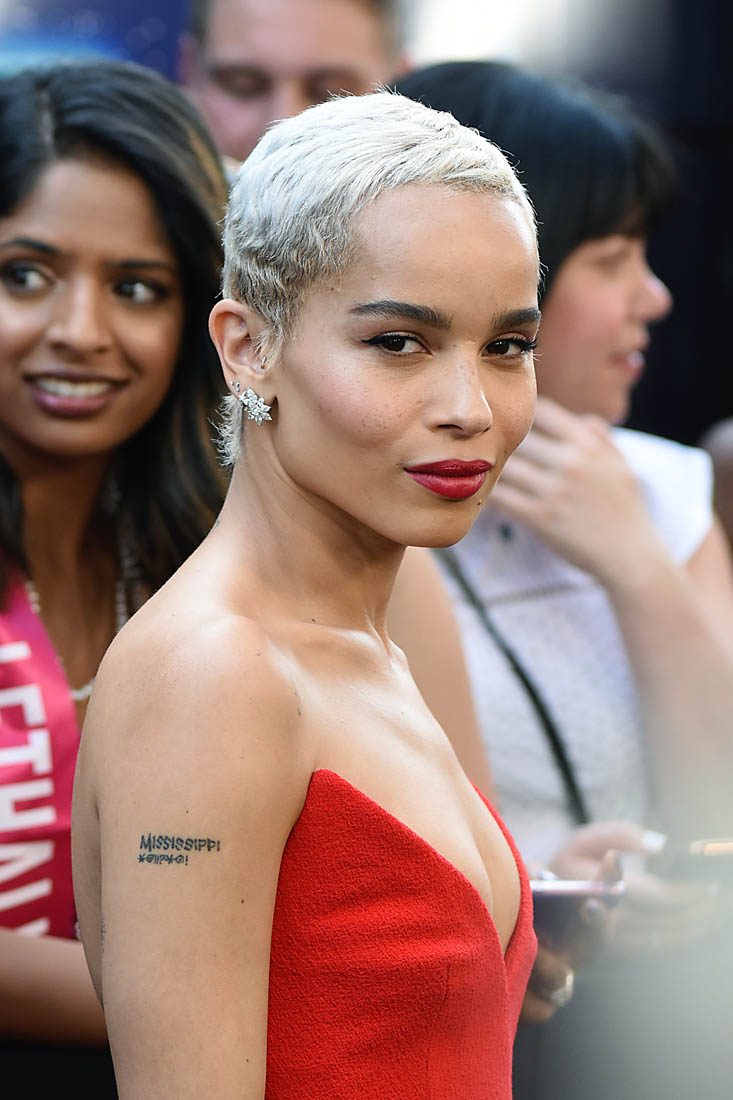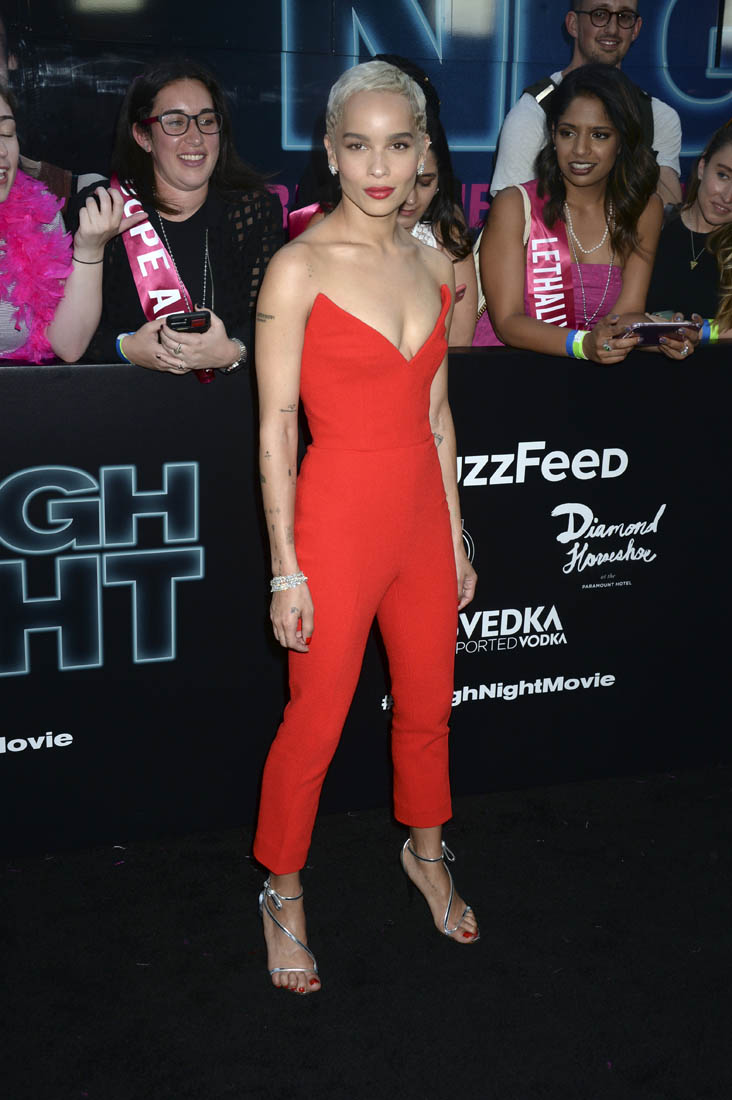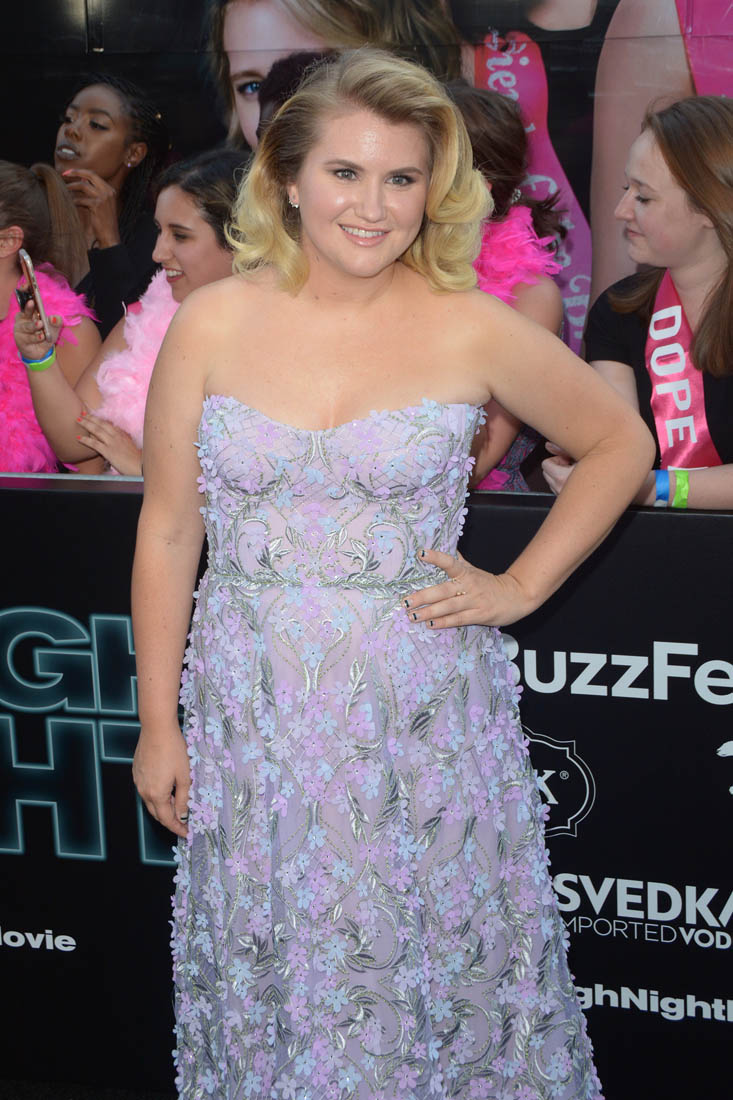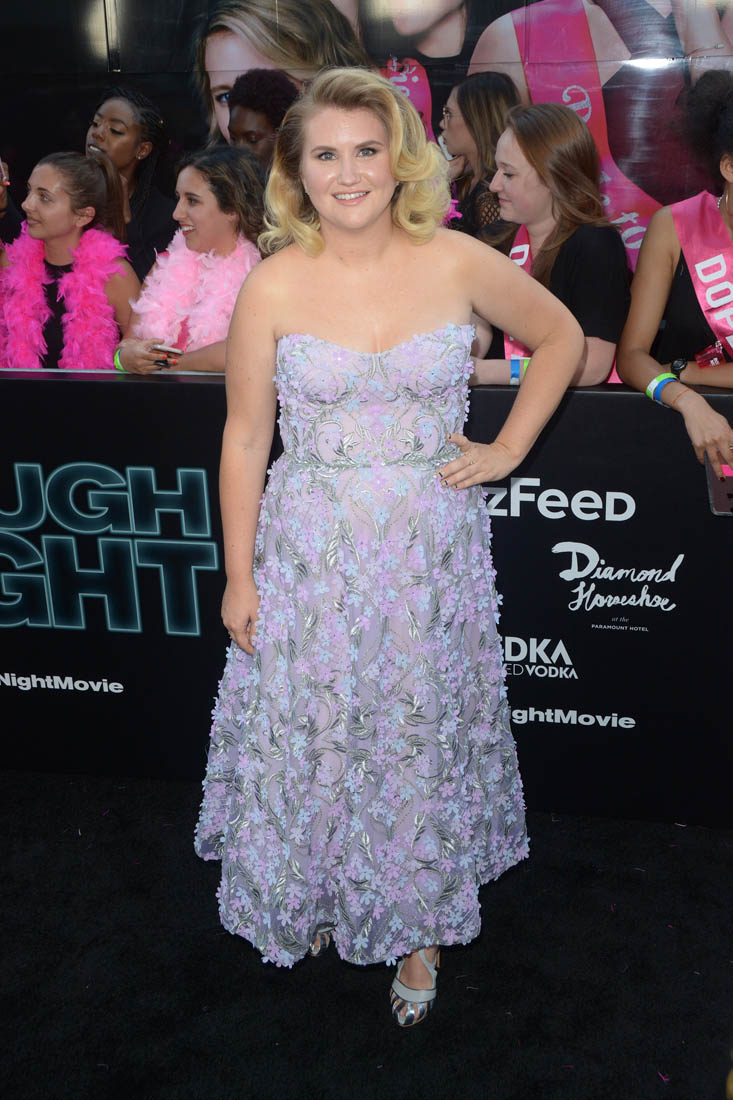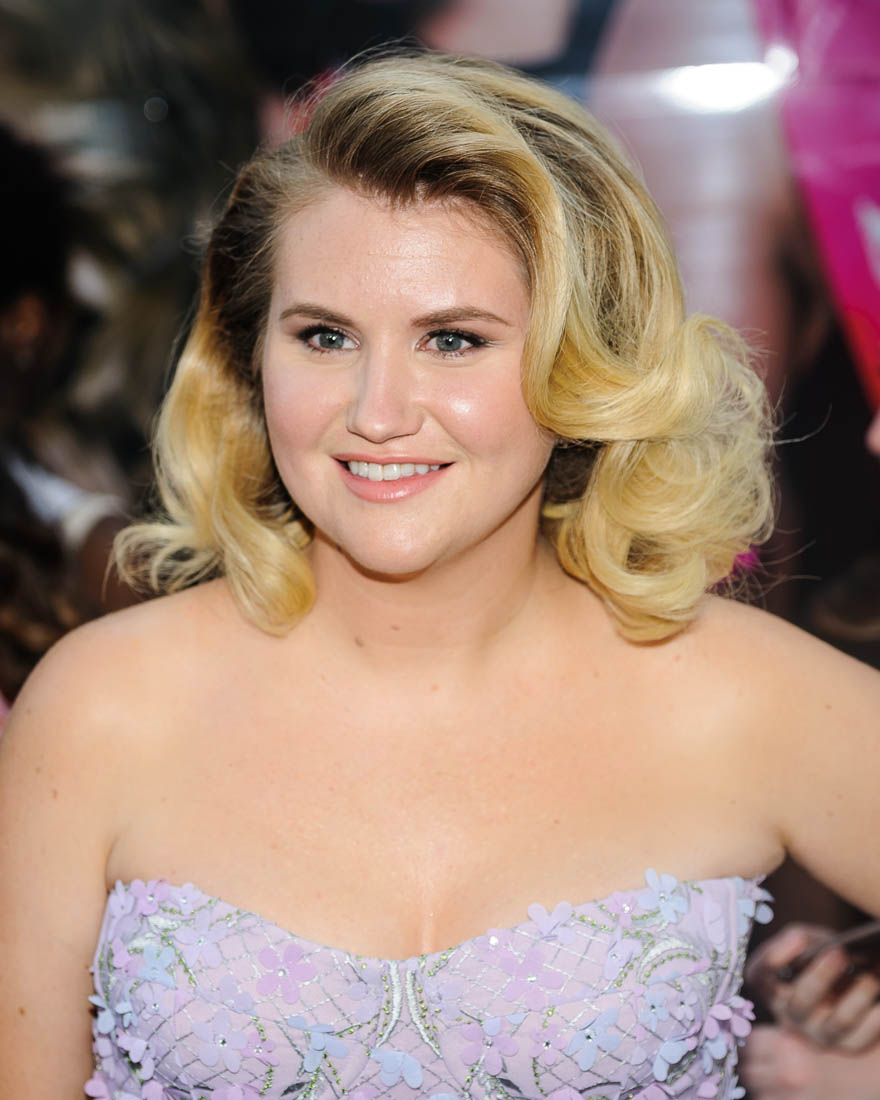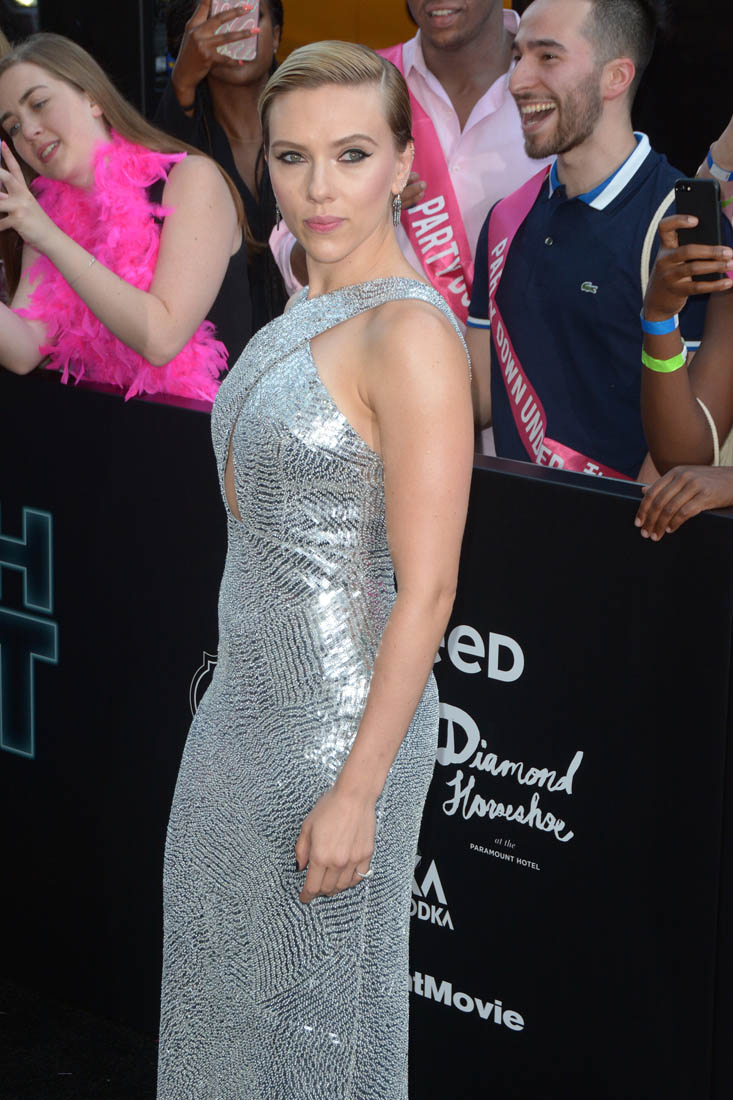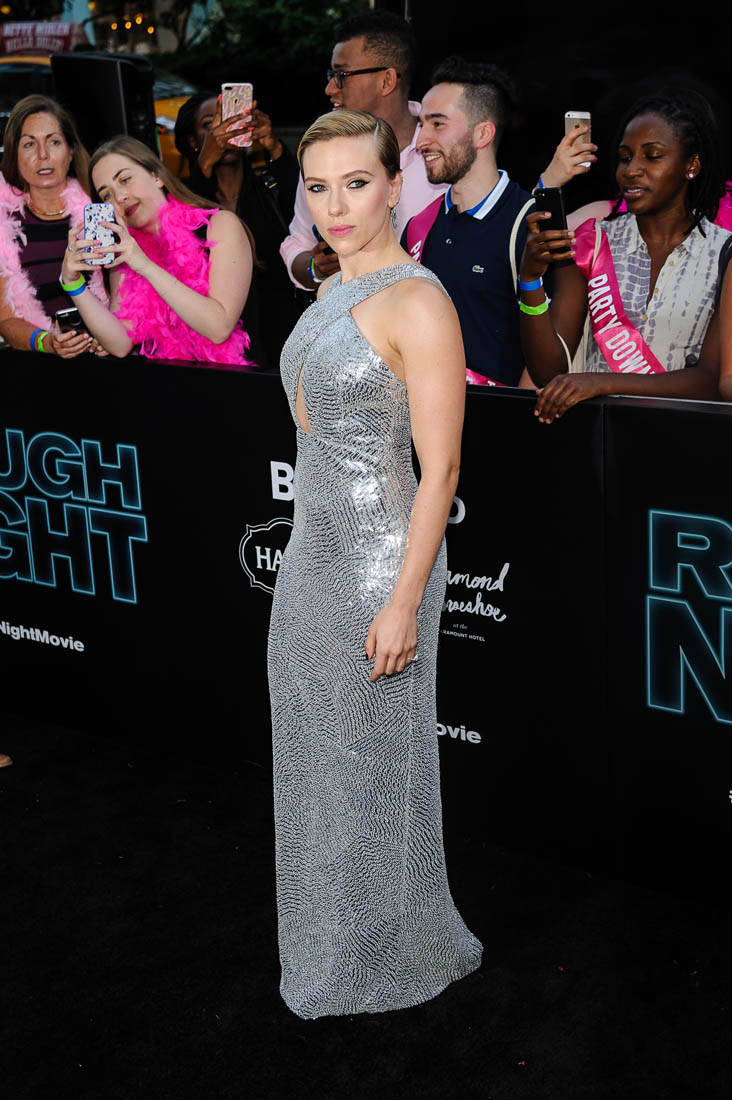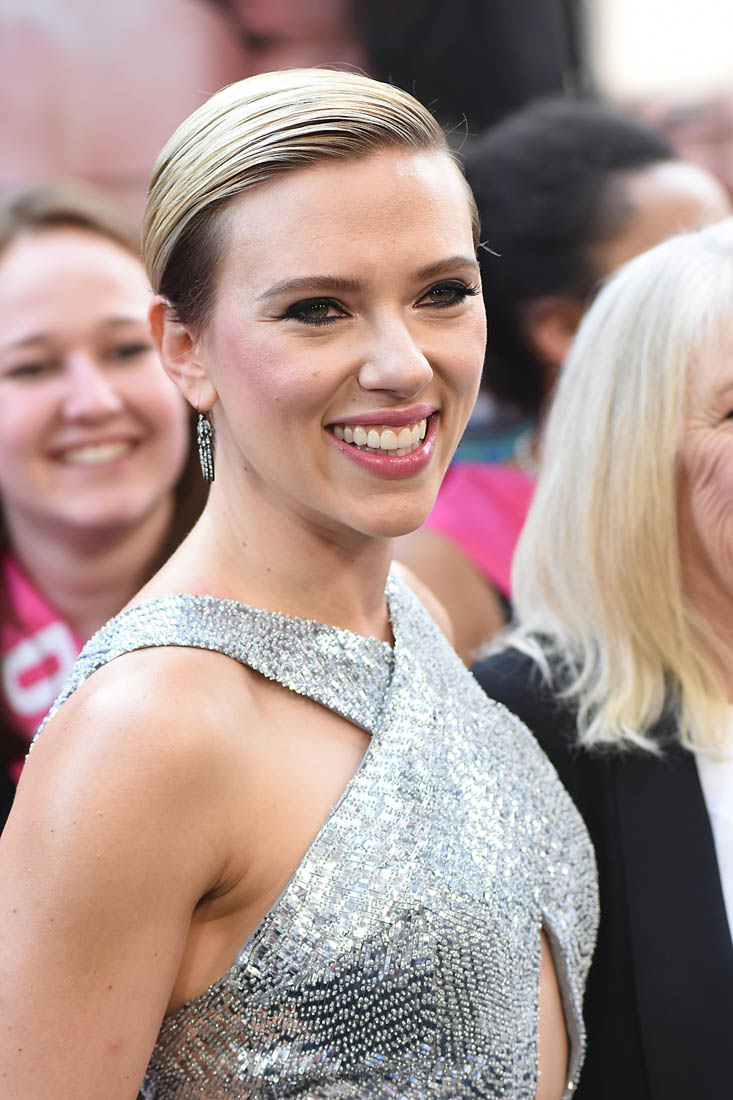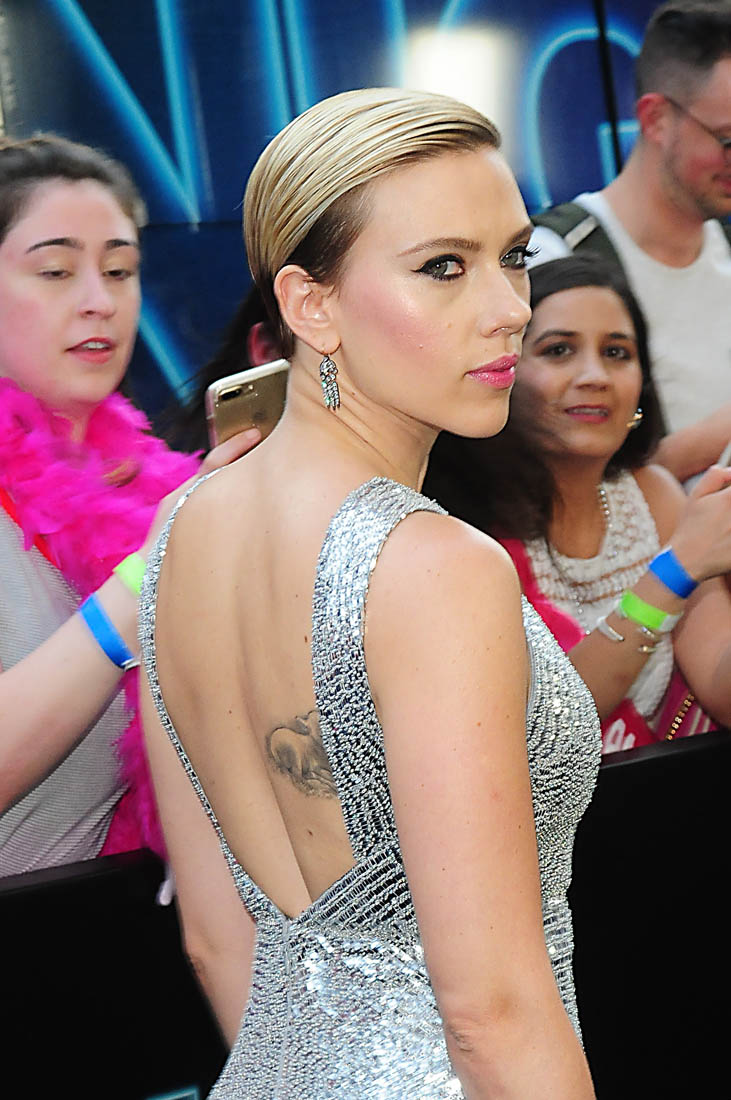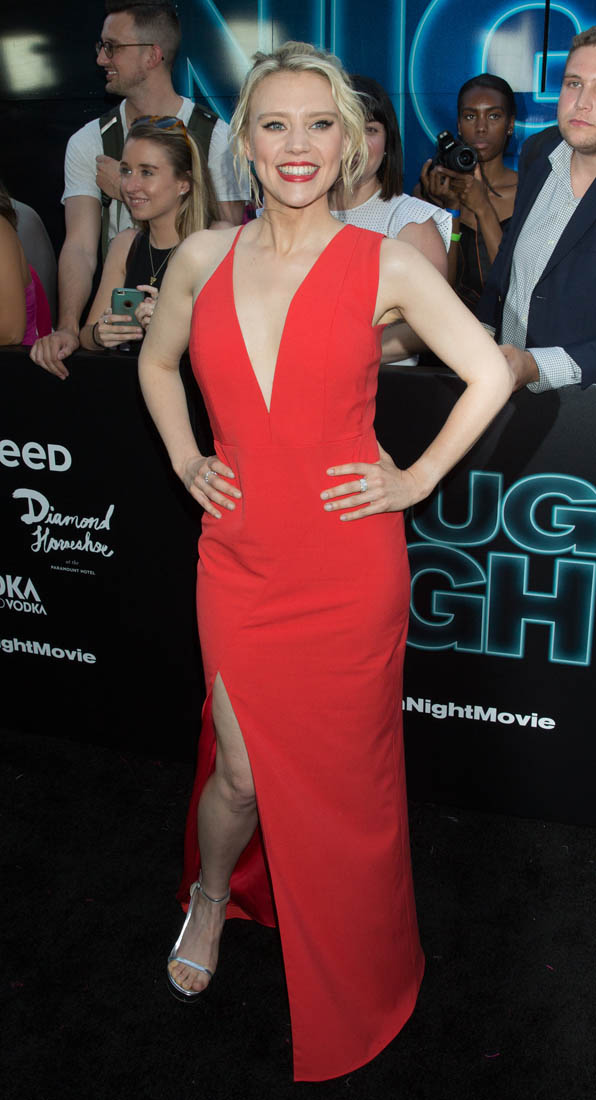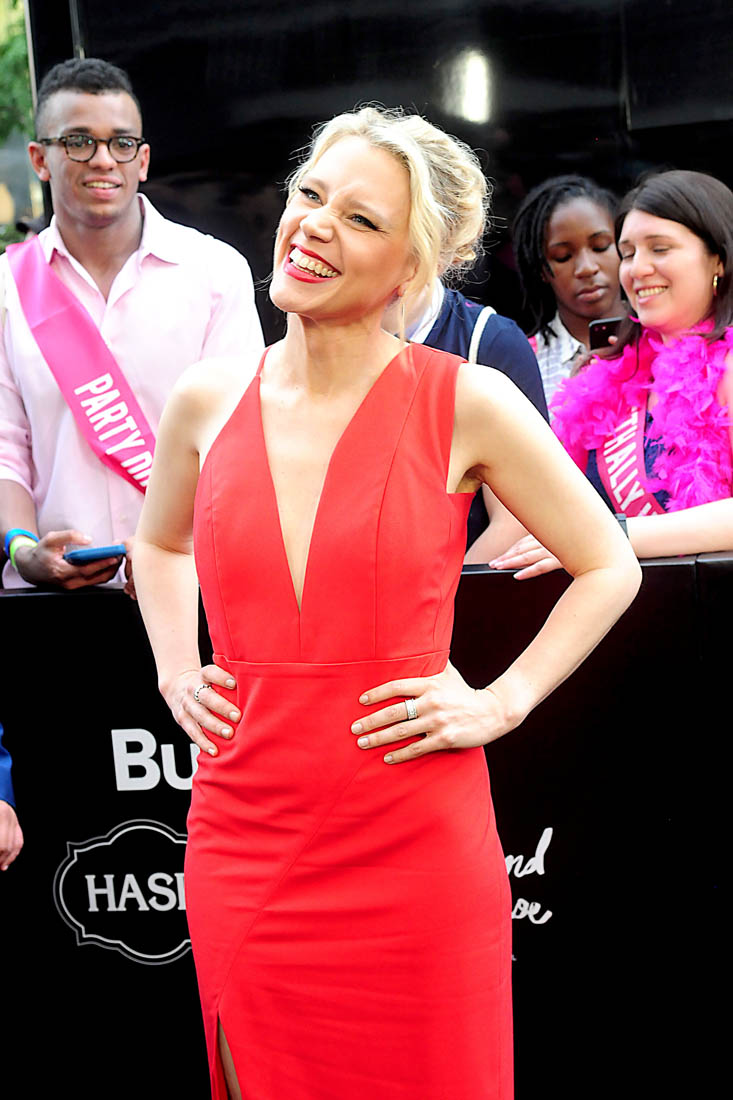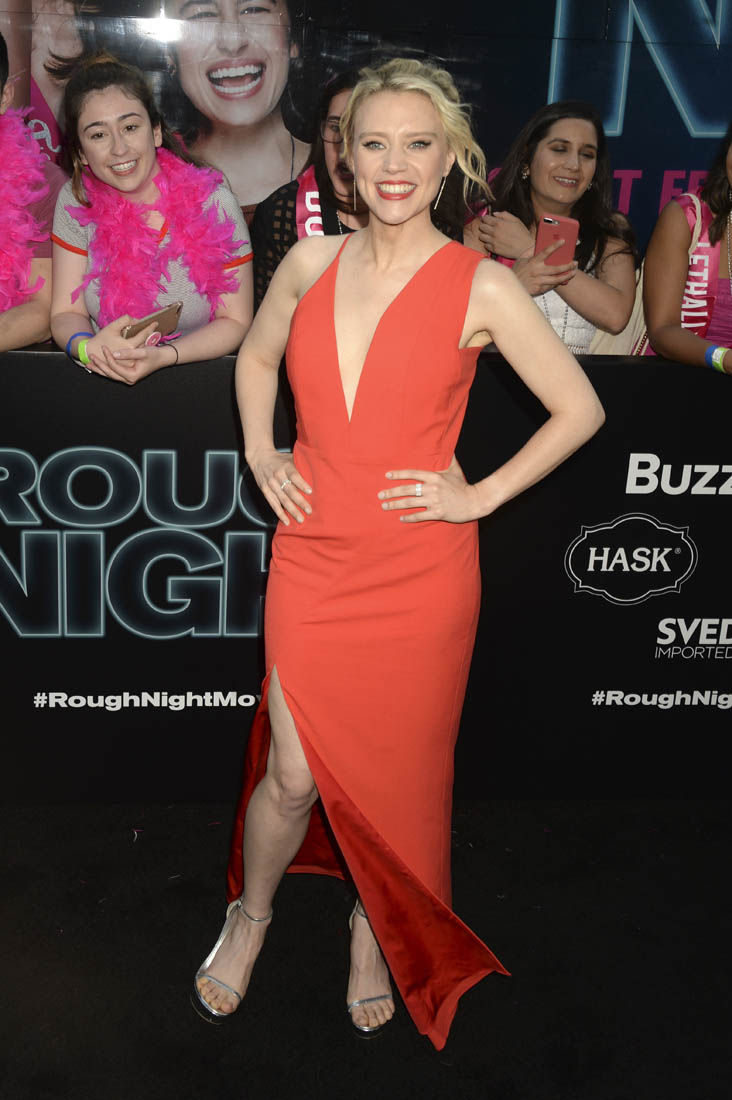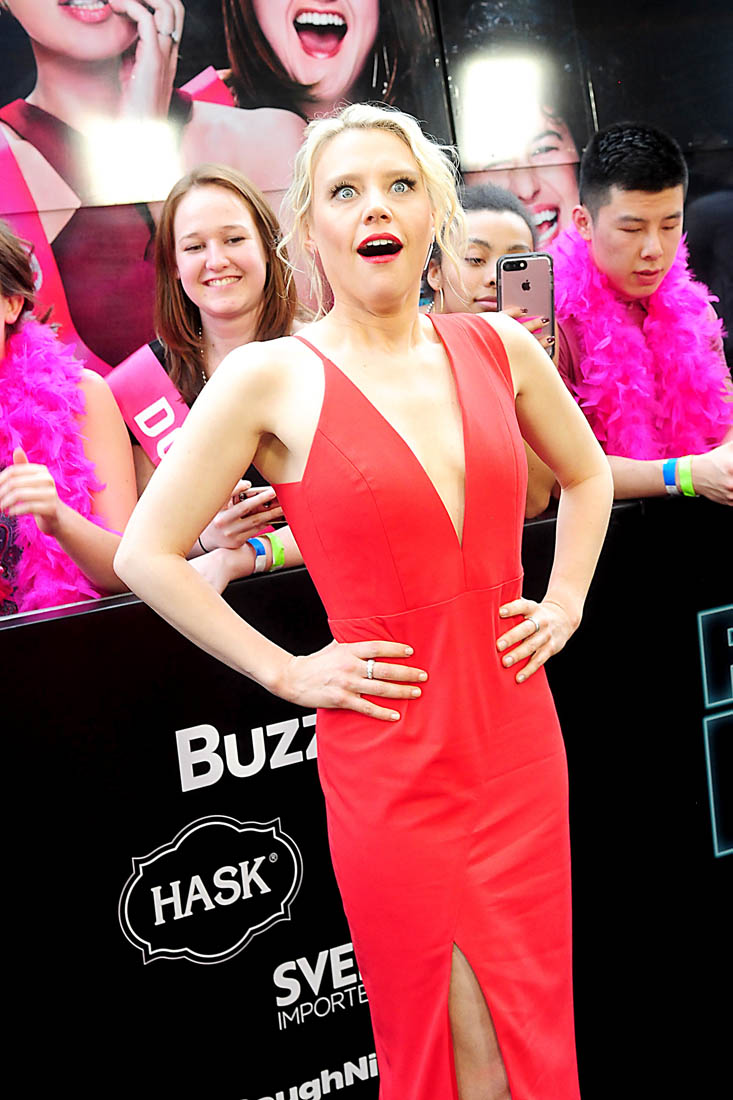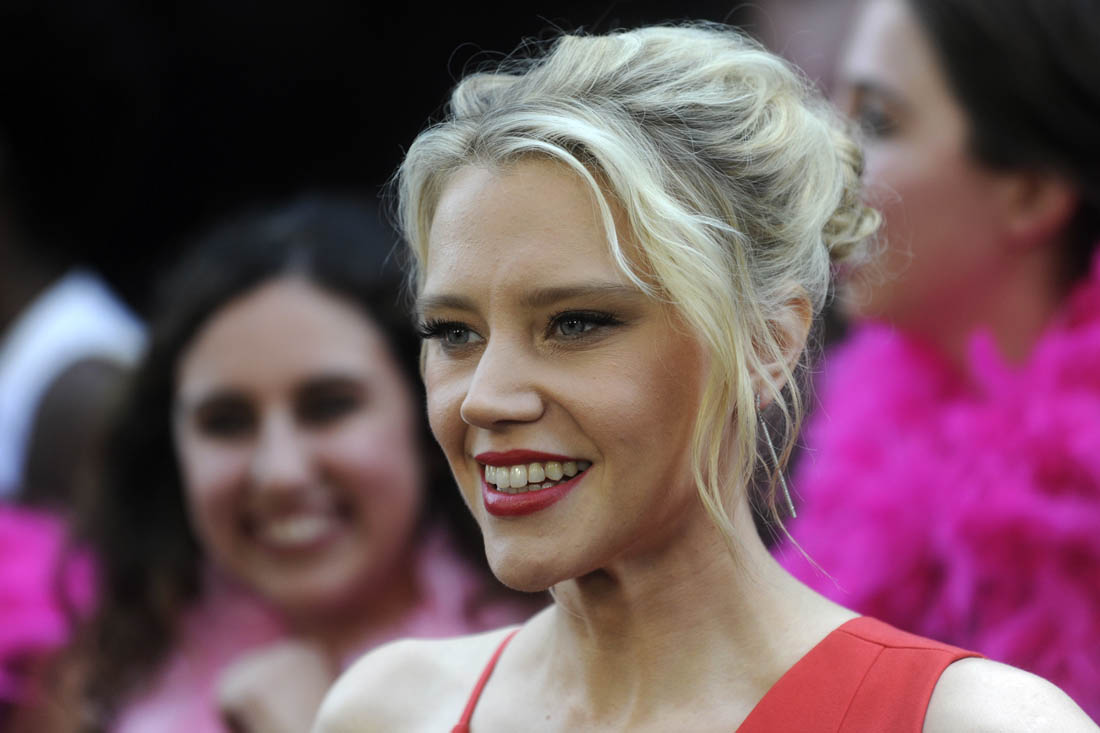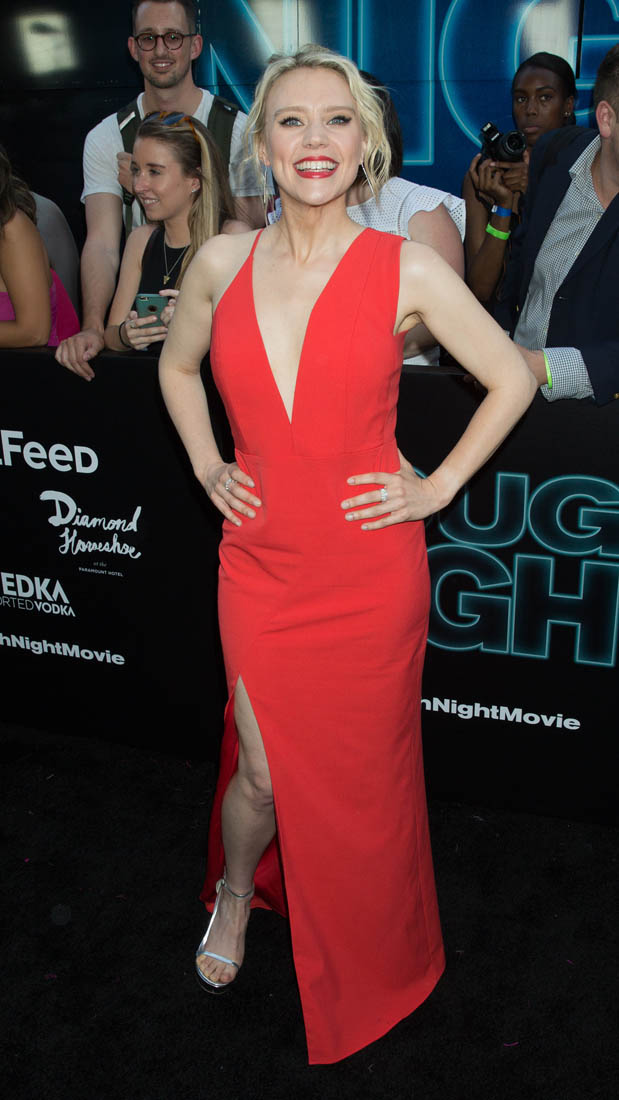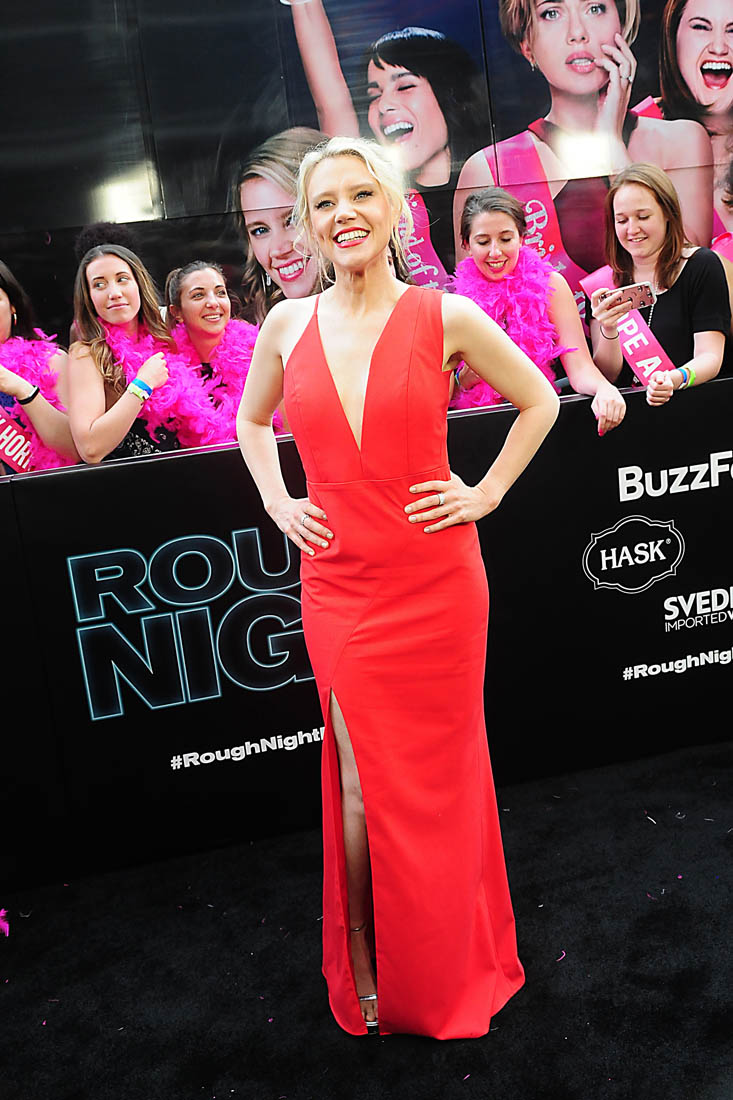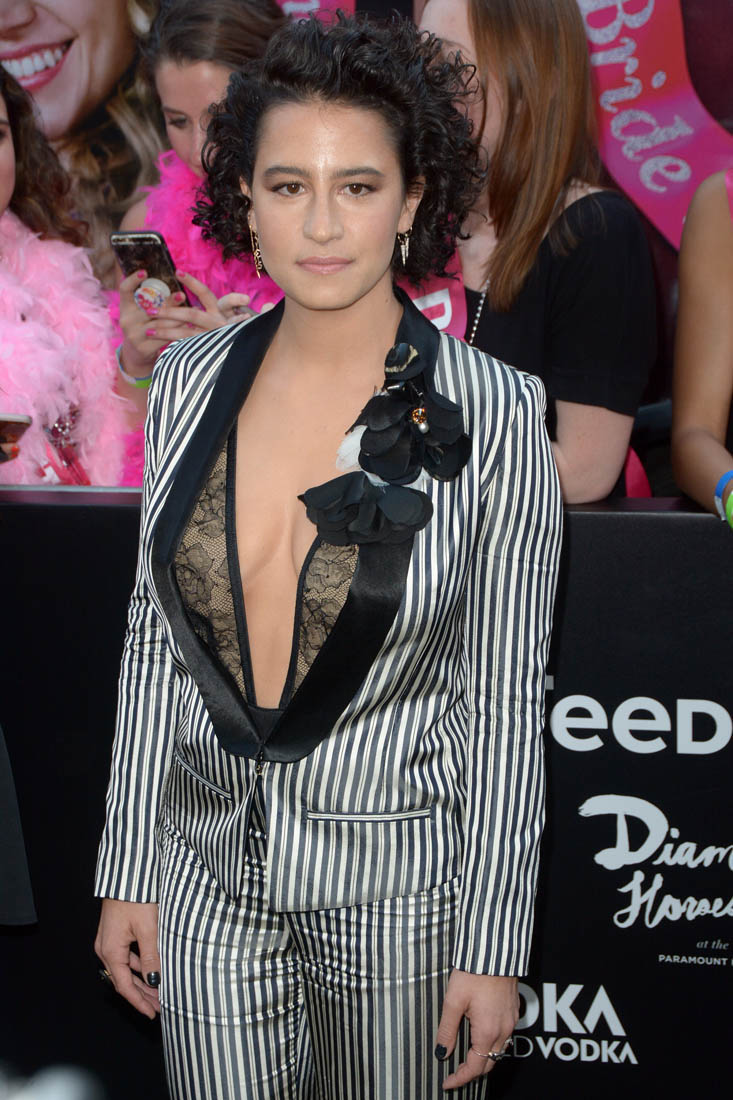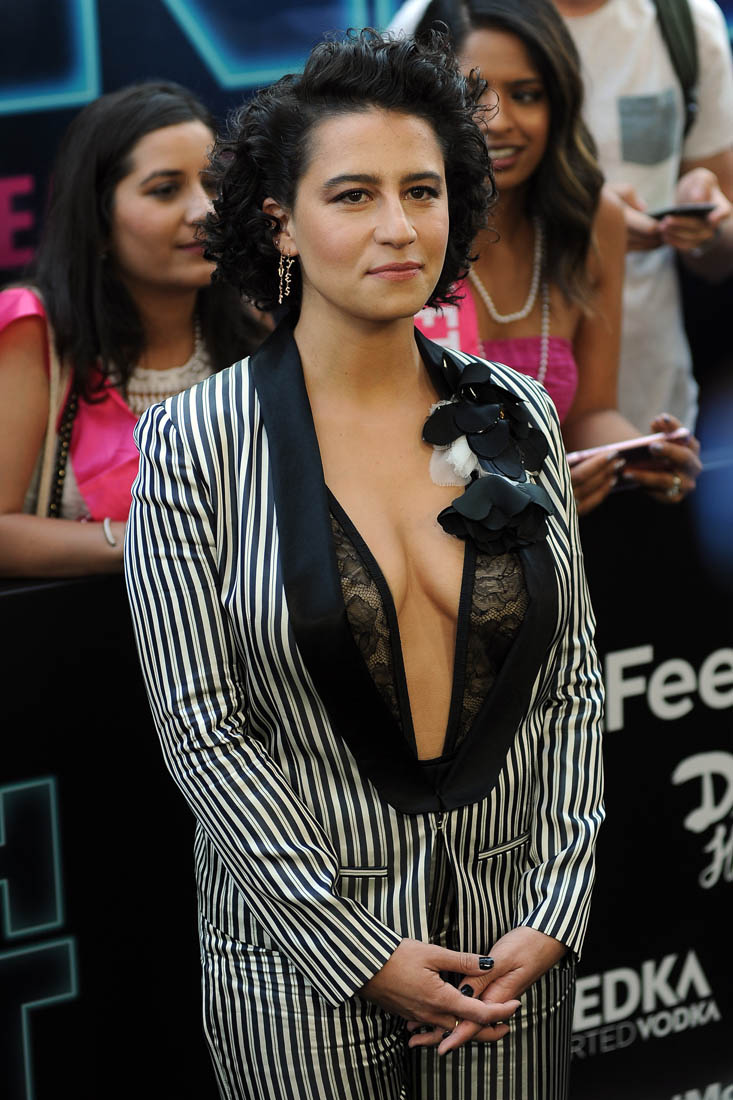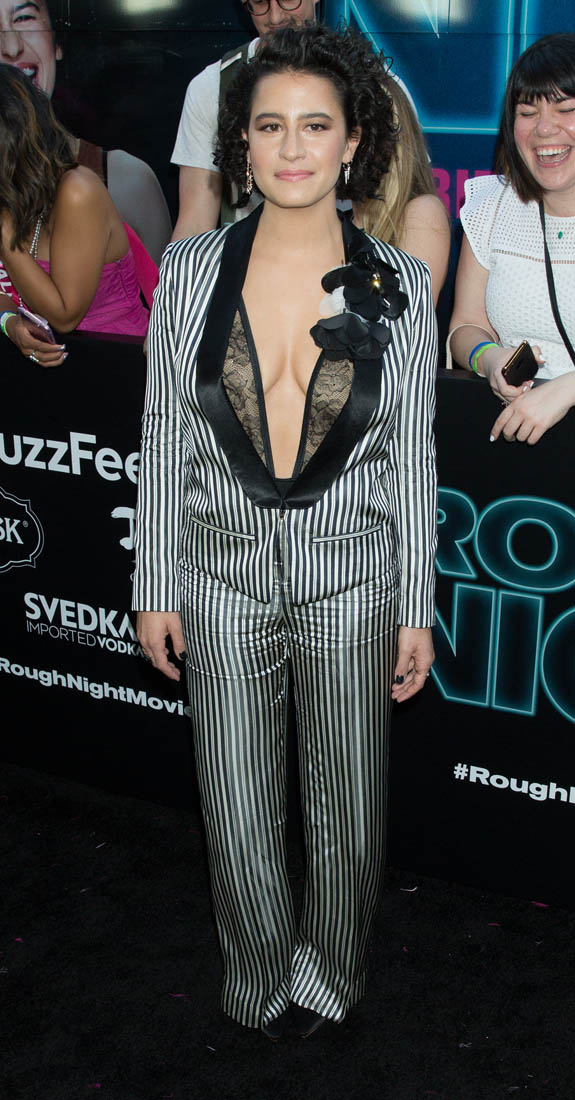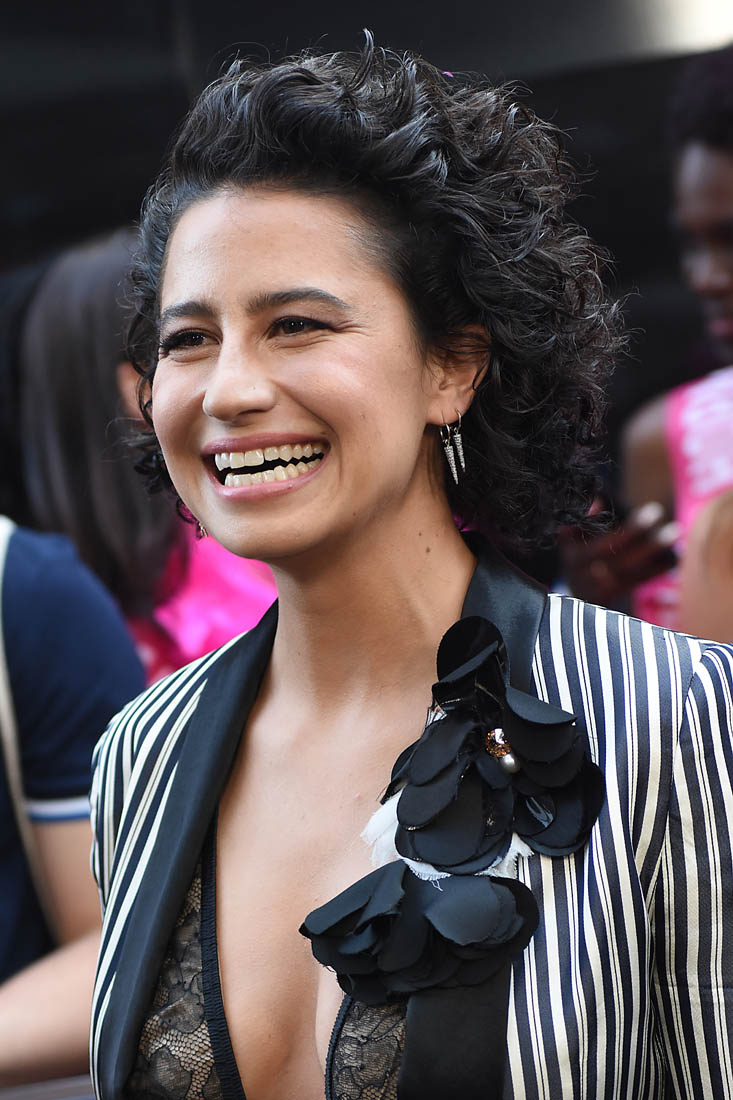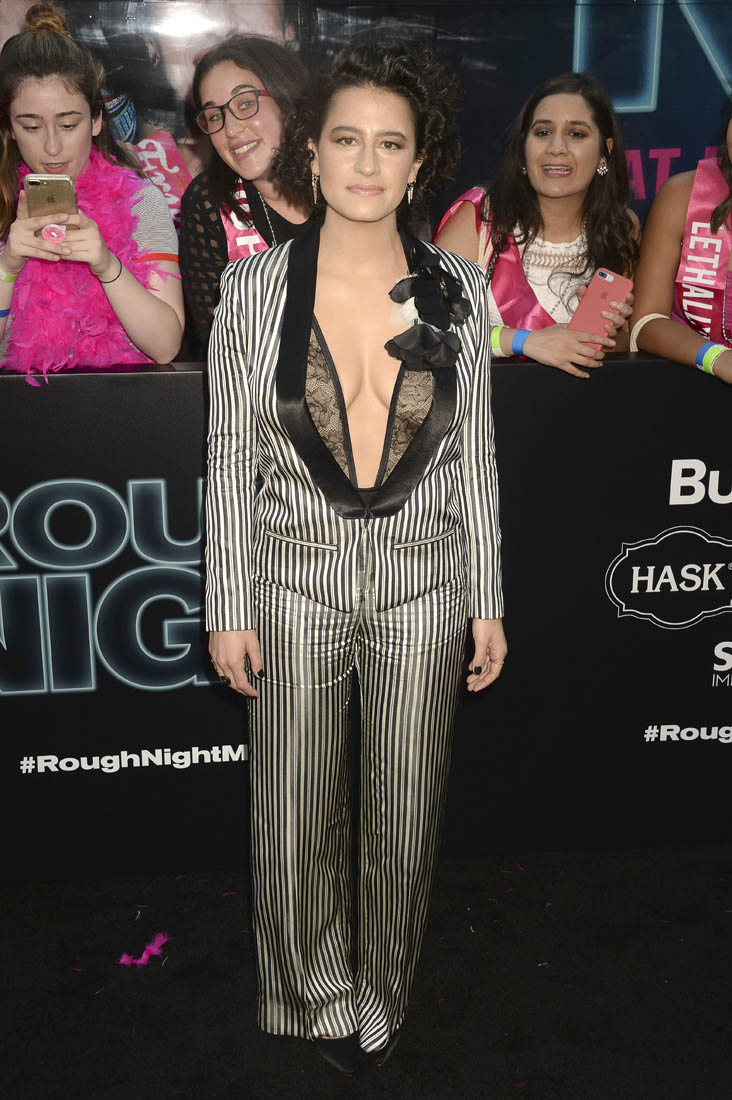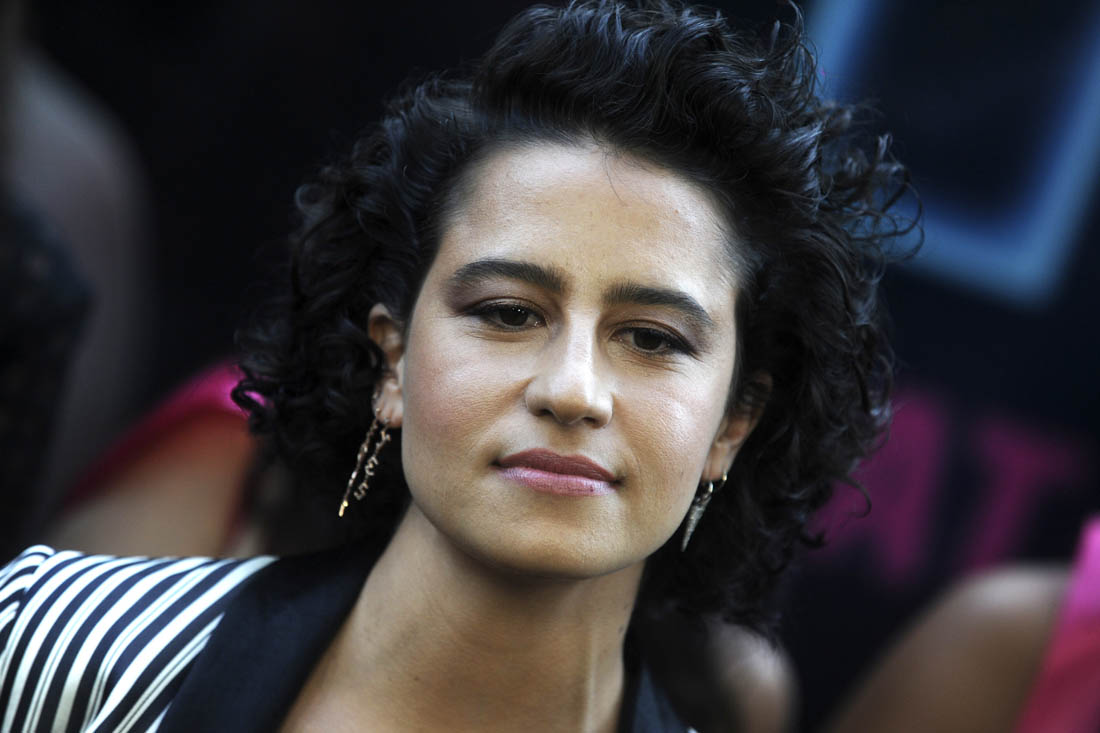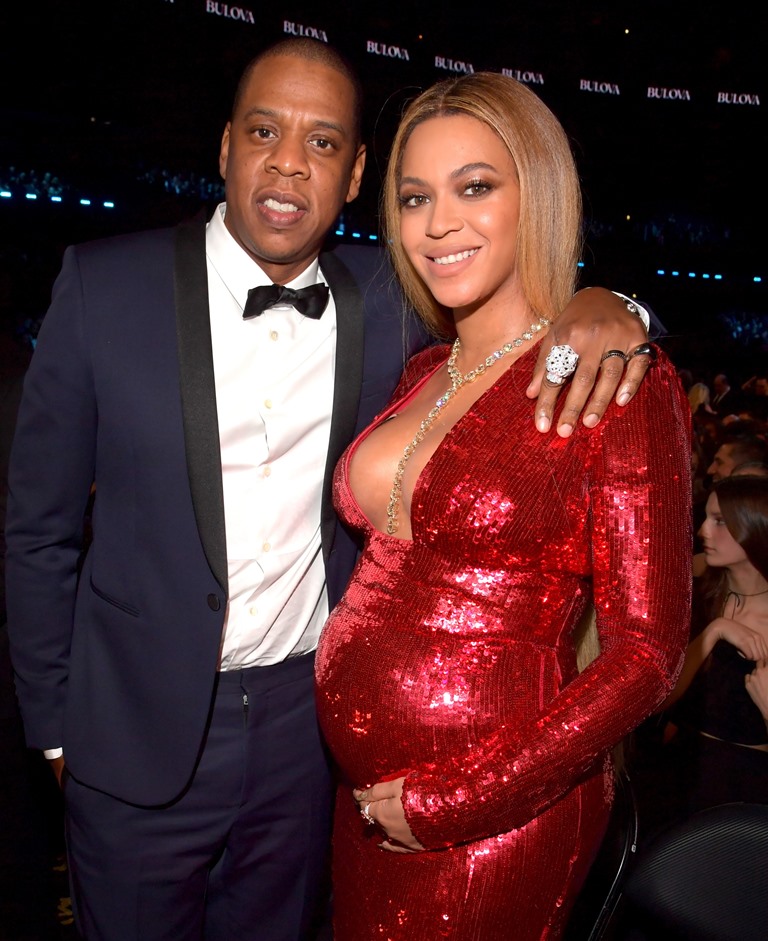Scarlett Johansson in Rough Night


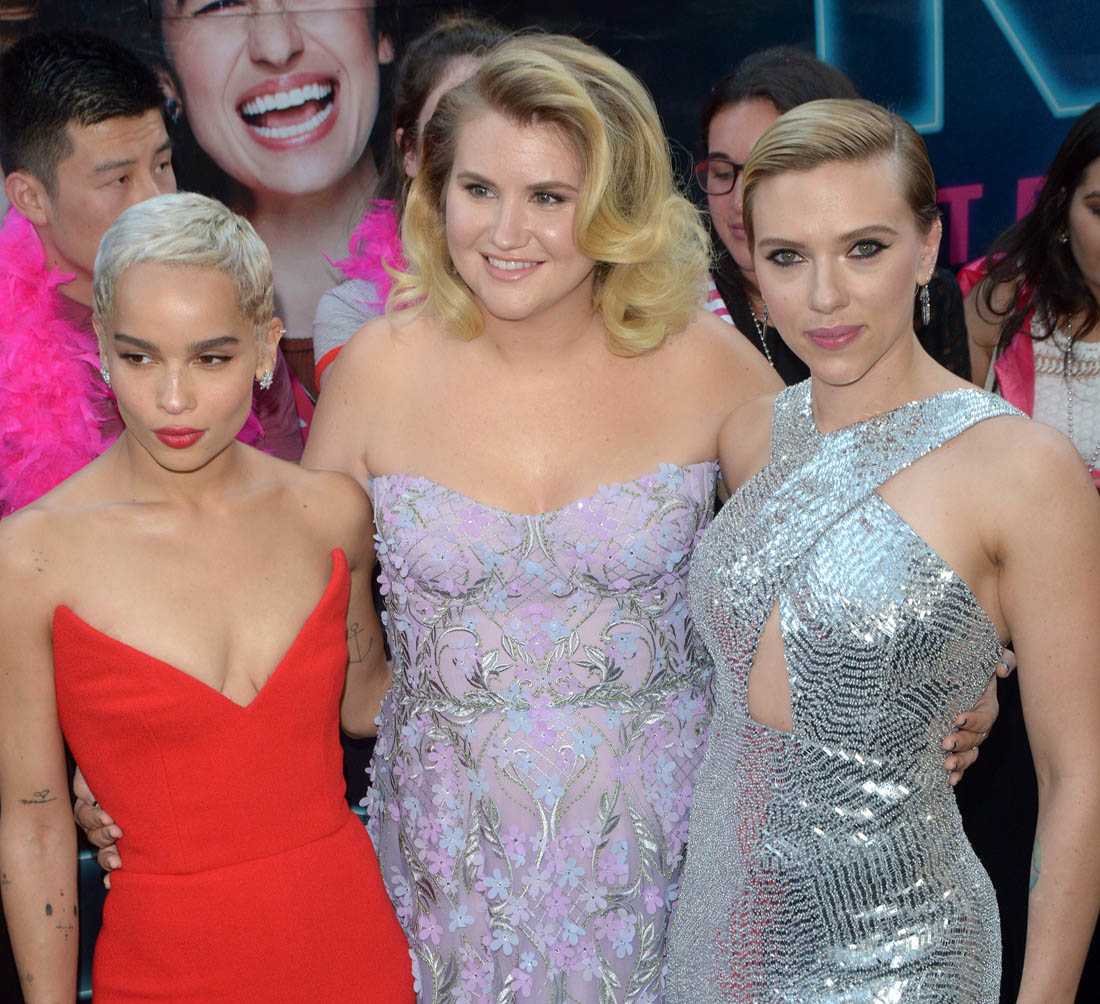
Rough Night bombed this weekend, and with a C+ CinemaScore it’s going to be hard pressed to last long enough in theaters just to break even on a comparatively low budget of $20 million. There’s a lot of “what happened” going on, and I think the issue with Rough Night is best exemplified by a scene early in the movie. In a pivotal scene, a group of friends reunited for a bachelorette weekend find themselves burdened with a dead body. Panicked, they start cleaning up the crime scene, clearing away drugs and, eventually, the body.
There are a couple funny jokes in this scene, but as it plays the scene goes for the broadest laughs with the most conventional setups. Broad comedy can work, but at the point that you’re making an R-rated dead body comedy, you’re already not making a broad comedy. Trying to force what should be a black comedy about the weekend from hell into broad-comedy appeal is simply going against your movie’s DNA, and audiences aren’t stupid. They can pick up on the dissonance. (For the record, that scene should have been the friends arguing over which true crime TV series has the best chance of helping you get away with murder.)
Rough Night is billed as a “The Hangover meets Bridesmaids” but really it’s a gender-swapped Very Bad Things. Scarlett Johansson stars as Jess, an aspiring politician whose bachelorette party reunites her college friends, including Alice (Jillian Bell), Blair (Zoe Kravitz), Pippa (Kate McKinnon), and Frankie (Ilana Glazer). Alice, who shares the most complicated relationship with Jess, gets some actual characterization, but the others can be described with one word—Pippa is Australian, Frankie is gay, Blair is rich. Frankie and Blair get a teensy bit to do with a past romantic relationship, but the movie can’t decide if it wants to play that for laughs or sorrow.
This is Broad City writer and director Lucia Aniello’s feature film debut, but though her work on that show is top notch, she has some trouble translating her short-form sensibility to a hundred-minute feature. The tone of the movie swings wildly from black comedy—it’s natural and most effective mode—to “girls gone wild” broad comedy, which feels forced by an unseen hand. I would love to see Aniello’s original script—co-written with her creative partner, Paul W. Downs (who also stars as Jess’s milquetoast fiancée)—because I suspect it was a much darker and raunchier story.
The various ways the women try to dispose of the body are funny, but much of Rough Night is spent in one location, a palatial beach house loaned to Jess by a campaign donor. That’s probably due to budget constraints, but even that house isn’t best utilized as a location. If you’re stuck in one location, use every inch of it and mine as much humor as possible from it. For instance, Jess is afraid of getting blood on her donor’s pristine white décor, but after one (admittedly good) joke about it, that is dropped. But the cadaver has a gaping head wound—blood and brain matter would be a threat anywhere they take the body. That could have been a great running gag, with Jess cleaning up gore in increasingly bizarre and desperate ways, but that’s exactly the sort of humor the movie avoids.
Somebody somewhere was afraid of Rough Night being too dark, but it really needed to be pitch black in its humor. The cast is funny and everyone gets in at least one solid laugh—Kate McKinnon runs away with the whole thing, her over the top Aussie accent becoming a joke unto itself—and Scarlett Johansson is refreshingly light, playing against type. But the movie is palpably afraid of its own shadow. It lays on the penis jokes but doesn’t want to touch the actual dead body in the room, and tacks on a dissonant ending absolving the ladies of any dubious morality. That ending comes straight from Studio Notes, and it just doesn’t fit with the rest of the movie. Rough Night lands some big laughs, but it can’t stick the landing.
Here are Kate McKinnon, Jillian Bell, Zoe Kravtiz, and Ilana Glazer at the premiere last week, along with some more shots of Scarjo in silver.

